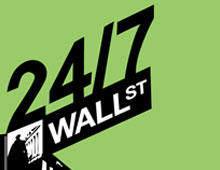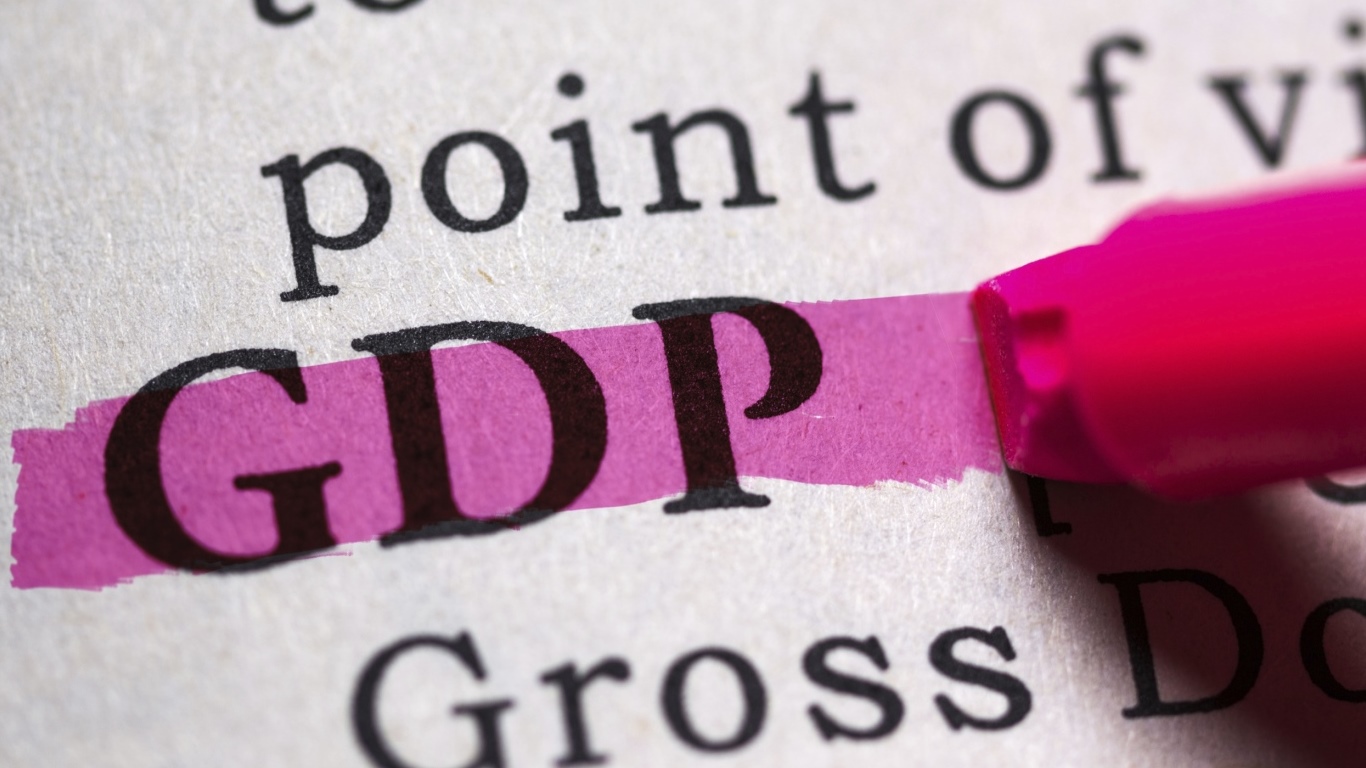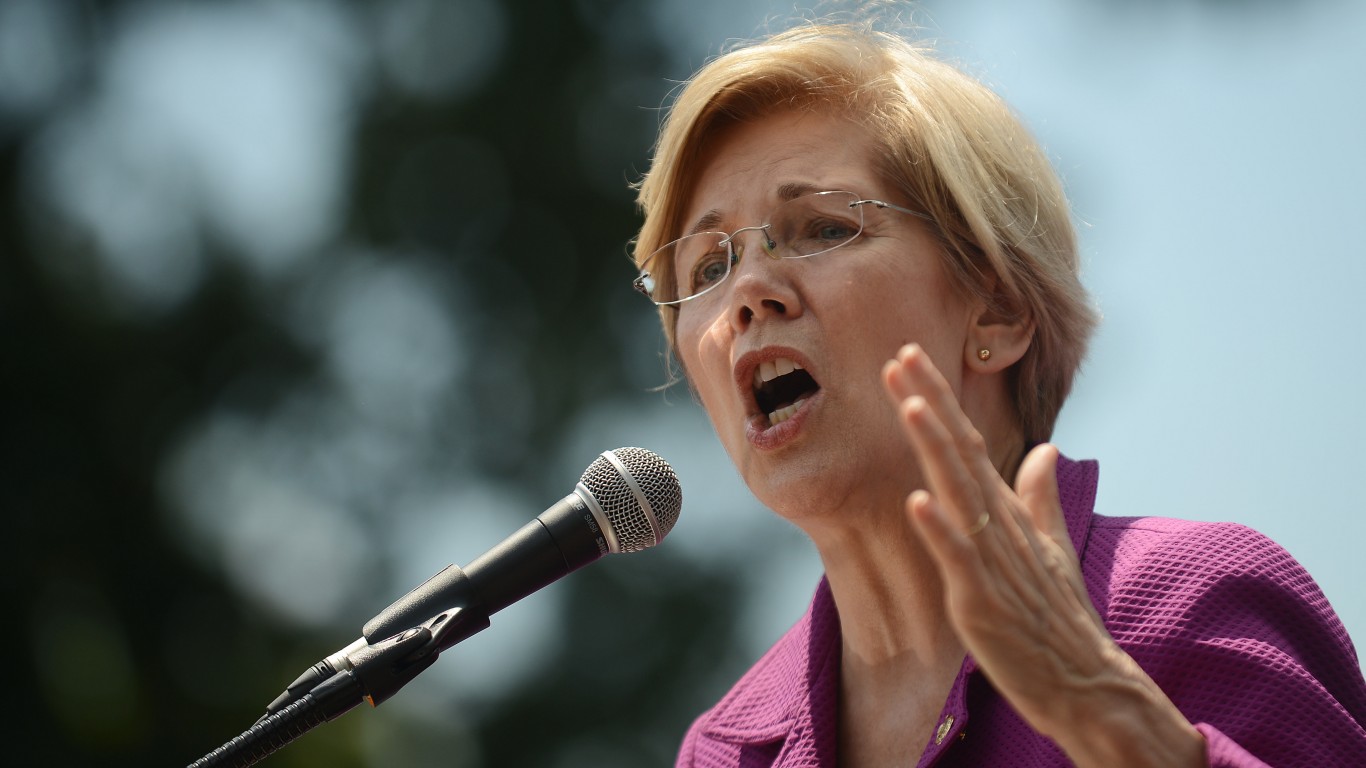Economy
Economy Articles
Sometimes there is a situation where bad news is good news in the financial markets. After the first contraction was seen in manufacturing this week, it turns out that services sector is slowing down...
Published:
Last Updated:
After weaker-than-expected manufacturing data was at a 10-year low and representing contraction, now the services sector is seeing some weak data as well.
Published:
Last Updated:
The size of the average U.S. household in 1790 was 5.79 people. By 2010 that figure was 2.58 people. That long-term trend appears to have reversed itself very recently, according to recently released...
Published:
Last Updated:
Two fresh readings have been seen for the U.S. manufacturing sector. One rose further into expansion and the more prominent index contracted further.
Published:
Last Updated:
The U.S. trade war with China may be new, but many economists, analysts and market pundits have voiced concerns about China's core economy and other issues about the country for years.
Published:
Last Updated:
24/7 Wall St. routinely checks the GDPNow estimate from the Federal Reserve Bank of Atlanta and the Nowcast from the Federal Reserve Bank of New York.
Published:
Last Updated:
Torrential rains in India's largest state killed 48 people in a day earlier this week. River flooding is also a problem in parts of the United States.
Published:
Last Updated:
The University of Michigan consumer sentiment index shook off its August funk to rise by nearly 4% month over month. The index remains nearly 7% lower than at the same time last year, however.
Published:
Last Updated:
Friday's flow of economic data included multiple views on the broad economy, and some data may have an impact on how third-quarter GDP estimates pan out.
Published:
Last Updated:
Lending money to friends and family often spawns unexpected and undesirable consequences.
Published:
Last Updated:
The Bureau of Economic Analysis reported on Thursday that the domestic economy grew at a rate of 2.0% (annual) in the second quarter of 2019.
Published:
Last Updated:
A new survey of family offices that manage investments for the world's wealthiest families reports a portfolio return of 5.4% last year. The survey included 360 family offices with an average of $907...
Published:
Last Updated:
One of the most influential money managers on Wall Street recently suggested that the stock market and the economy would suffer big-time if Senator Elizabeth Warren is elected U.S. president.
Published:
Last Updated:











